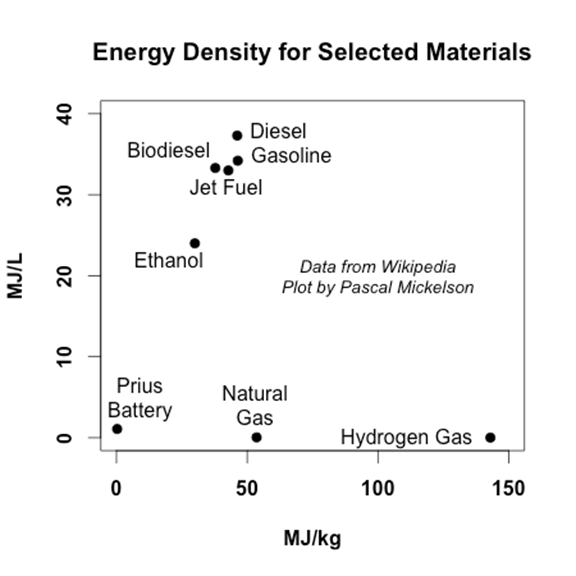

This round will be quick because batteries win hands down when it comes to infrastructure. Infrastructure: hydrogen vs batteries Hydrogen refueling station | Bernd Wüstneck/picture alliance/Getty Images Since batteries are charged with electricity from power plants, transportation happens via wires, making it much faster and more efficient. Why is hydrogen so far behind here? According to the video, it takes more energy to harvest hydrogen (through electrolysis) and transport it on trucks. Energy efficiency is based on how much power is lost throughout harvesting the energy, transporting it, and its final use when an EV motor drives its wheels.īy that measure, lithium-ion batteries are 70-80% efficient, and hydrogen is only 25-30% efficient. However, when looking at energy efficiency, the story completely changes. A wind turbine farm | AFP Photo/Jean-Francois Monier/Getty Imagesīy that measure, hydrogen fuel cells have a big advantage over batteries. By that factor hydrogen has an energy density of 35,000 watts per kilogram, while lithium-ion batteries have a density of just 200 watts per kilogram. Energy density is the energy in watts per kilogram of weight. However, which is the more efficient way to fuel an electric car? Is it hydrogen? Or lithium-ion batteries?ĭianna researched the energy density of batteries versus hydrogen fuel cells. Theoretically speaking, EVs should be much more efficient than combustion vehicles. Efficiency: hydrogen fuel cell vs batteries Toyota Mirai digital gauge screen | Toyota If Dianna’s findings are any indication, FCEVs “win” when it comes to range. The Toyota Mirai XLE has an EPA estimated 402 miles of range. The video explains that fuel cell electric vehicles (FCEV) have an average range of 300 miles, which is 100 more than the BEV average. The Tesla Model S Long Range model has an EPA estimated 405 miles of range. There are some exceptions when considering high-end BEVs like Teslas. Driving range: hydrogen fuel cell vs batteries 2021 Toyota Mirai | ToyotaĪccording to Dianna’s findings, the average battery-electric vehicle (BEV) averages about 200 miles of range. battery” electric car debate by discussing the advantages and disadvantages of each power source. In her latest video, Dianna does a deep dive on the “hydrogen vs.
Energy density series#
YouTuber Physics Girl (real name Dianna) has partnered with Toyota on a series of videos that go in-depth on hydrogen benefits. Cars like the Toyota Mirai and the Honda Clarity are attempting to make a case for hydrogen. Today there are actually consumers on the road driving hydrogen fuel cell vehicles. For decades automotive manufacturers have looked to hydrogen fuel cell technology as an alternative to lithium-ion batteries to power electric vehicles.


 0 kommentar(er)
0 kommentar(er)
